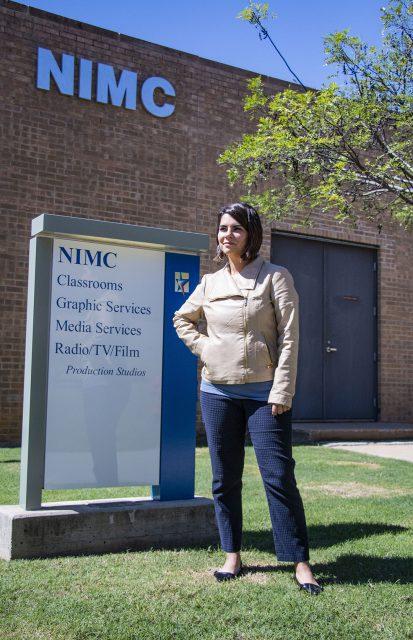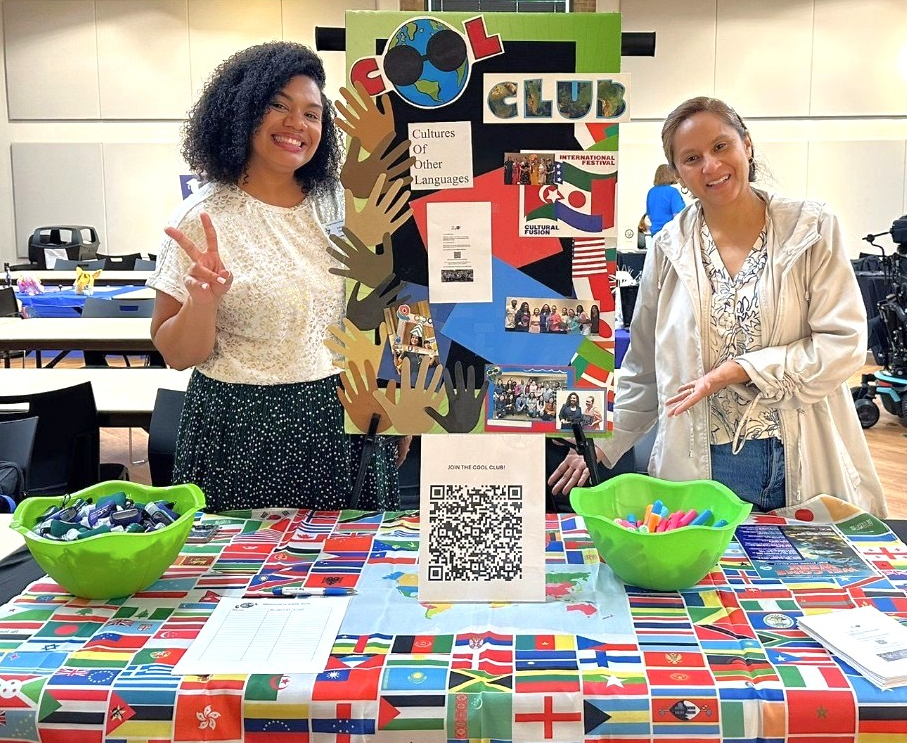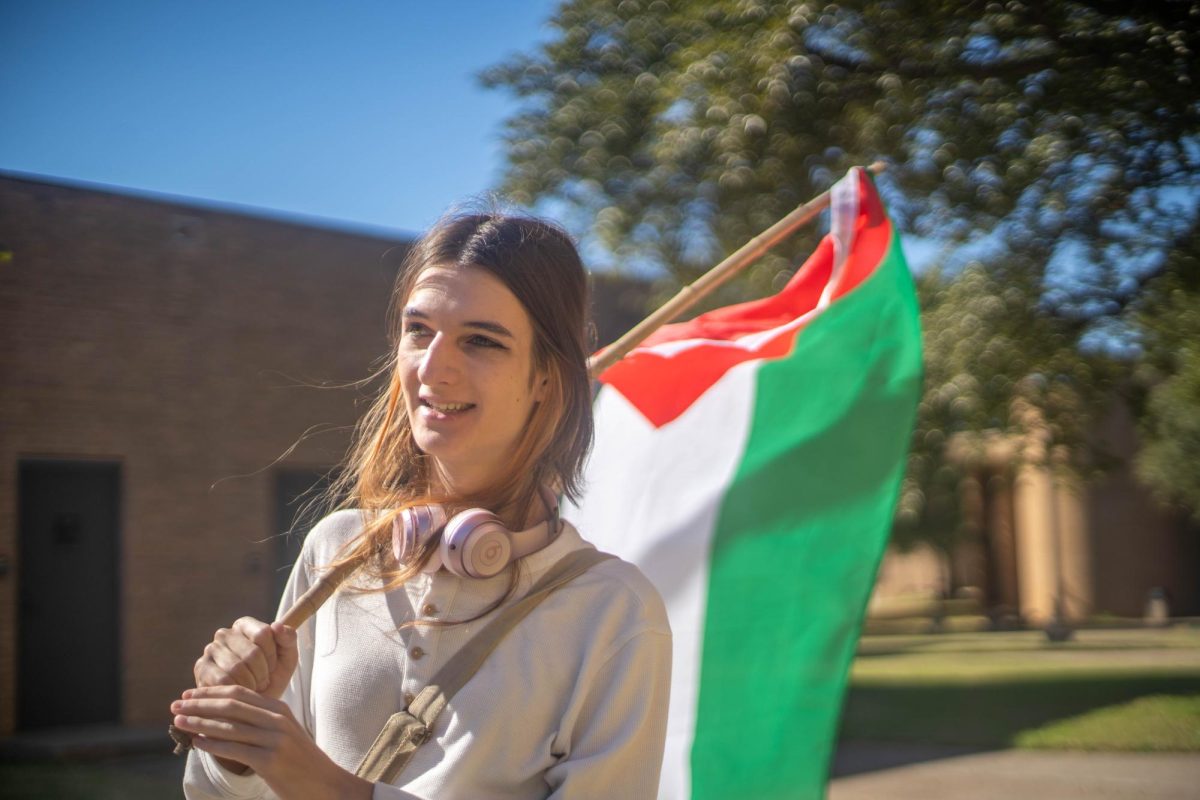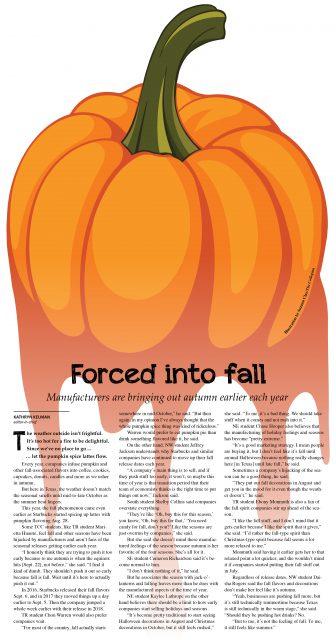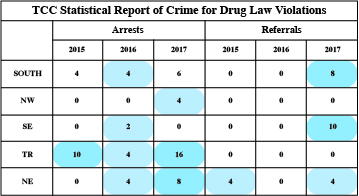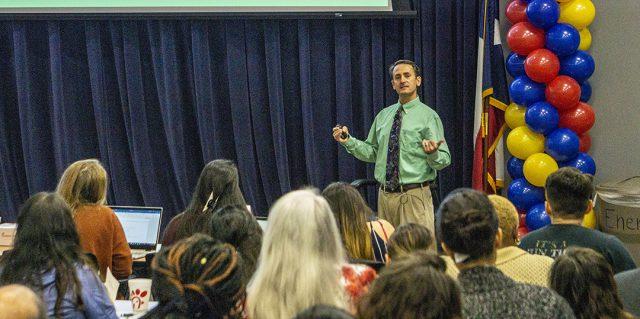By Michael Foster-Sanders/campus editor
Venezuelan broadcaster starts over to find success
Starting over as an immigrant who doesn’t speak English in a new country, and ending a relationship with the person who’s her only support system was hard for NE student Carolina Pereira.
She had to figure out how to make a way when there wasn’t one.
The Venezuelan-born journalist has known she wanted a career in front of the camera since she was a child.
“I loved to speak. I loved talking and connecting with people,” she said. “I realized as time passed I had some skills for communication.”
Pereira’s passion for communication took her to the Universidad Santa Maria in Venezuela to study journalism. One year into her studies, she landed an internship at the local news station, Globovison, and then transferred to the Universidad Central de Venezuela to study announcing.
It was perfect timing for Pereira — she was learning the fundamentals of journalism in school and receiving job training at Globovision, which she compared to CNN because the station focused on news first and foremost.
“When I began to work at Globovison, I was 18 years old with an internship,” she said. “It was a huge new world, and I couldn’t believe it at the time. I started at the very bottom, and after 12 years and many positions at the network, I achieved becoming a host.”
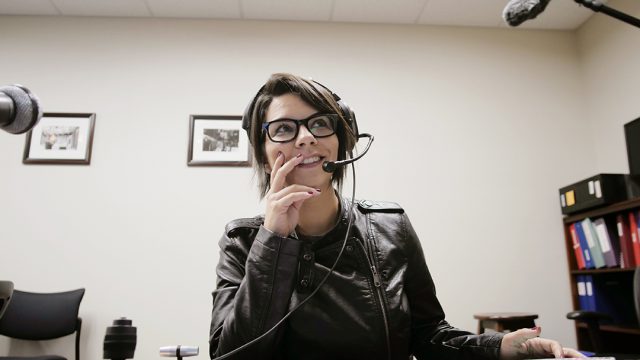
Photo courtesy Carolina Pereira
During her time at the station, she interviewed many political figures and stars in Venezuela, but two of those interviews will forever stand out to her. One was the late Argentine journalist Ernesto Sabato because of his influence on South American journalism, and the other was the late Venezuelan President Hugo Chavez.
“Chavez was a very charismatic guy, and even though I disagree with everything he stood for, he was a very kind person,” she said. “When I asked him questions and I knew he was lying, his position and answers made him sound very credible to people.”
Pereira said Venezuela during those years was not an easy place for journalists to criticize the government.
“The system started out 20 years ago, and in the beginning it seemed like hope because we the people needed and wanted change around 1998 to 1999. But as time went on, we realized that it was not a democracy, but a system based on socialism,” she said. “If you did stuff with the government, it was OK. But if you disagreed in any way, you are the enemy.”
Oil has made Venezuela the richest country in South America, yet it has an 85 percent poverty rate. Pereira finds that disturbing but feels like socialism among other things is affecting the quality of life in the country.
“I feel like we have two huge and tremendous enemies when it comes to my country and the welfare of the people,” she said. “The first one is the corruption of the government based on socialism, and the second is the oil. Because if you don’t have the skill and the capacity to manage and leverage this resource in an effective way, you are going to have the problems that are going on now in the country, which is poverty, scarcity and a mass migration of people to other countries like Brazil, Peru, Colombia and the United States to seek asylum.”
Pereira had a plan, but like most plans, hers didn’t unfold the way she envisioned it. She quit her job to leave Venezuela with her boyfriend and come to America for a year to learn English.

Photo courtesy Carolina Pereira
“I was in a relationship with my ex-boyfriend for four years, and we decided to do an English-intensive learning program here in America,” she said.
After four months of being in America, Pereira said her relationship ended, and she was on her own.
“I was here in this country, an immigrant with an initial plan, now alone with nothing,” she said.
She continued her English studies at Texas Christian University and used that program to enroll in the radio/TV/film program on NE Campus.
Radio/TV/film program coordinator Brandt Sleeper, who had Pereira as a student in his Radio/Television News class, said he was impressed with her.
“She’s very dynamic, professional, and she brings an international dynamic, which is great for the other students to see because she’s been in the industry for a period of time in her country,” Sleeper said.
And TV instructional specialist Darryl Hoelting said she has an impressive work ethic.
“I do commend her for coming to TCC and wanting to further her knowledge and education in the radio/TV/film industry,” he said.
Pereira believes she’s achieving her dreams even though that’s not why she initially came to this country. She believes if people can achieve their goal once, then they can achieve it again.
“As an immigrant, you can do it even though you might be in a hard place and facing hard times,” she said.
She wants immigrants to know that she’s an example. By focusing on their goals, craft and by networking with people, anyone can make it.
“The American Dream is here,” she said.
























